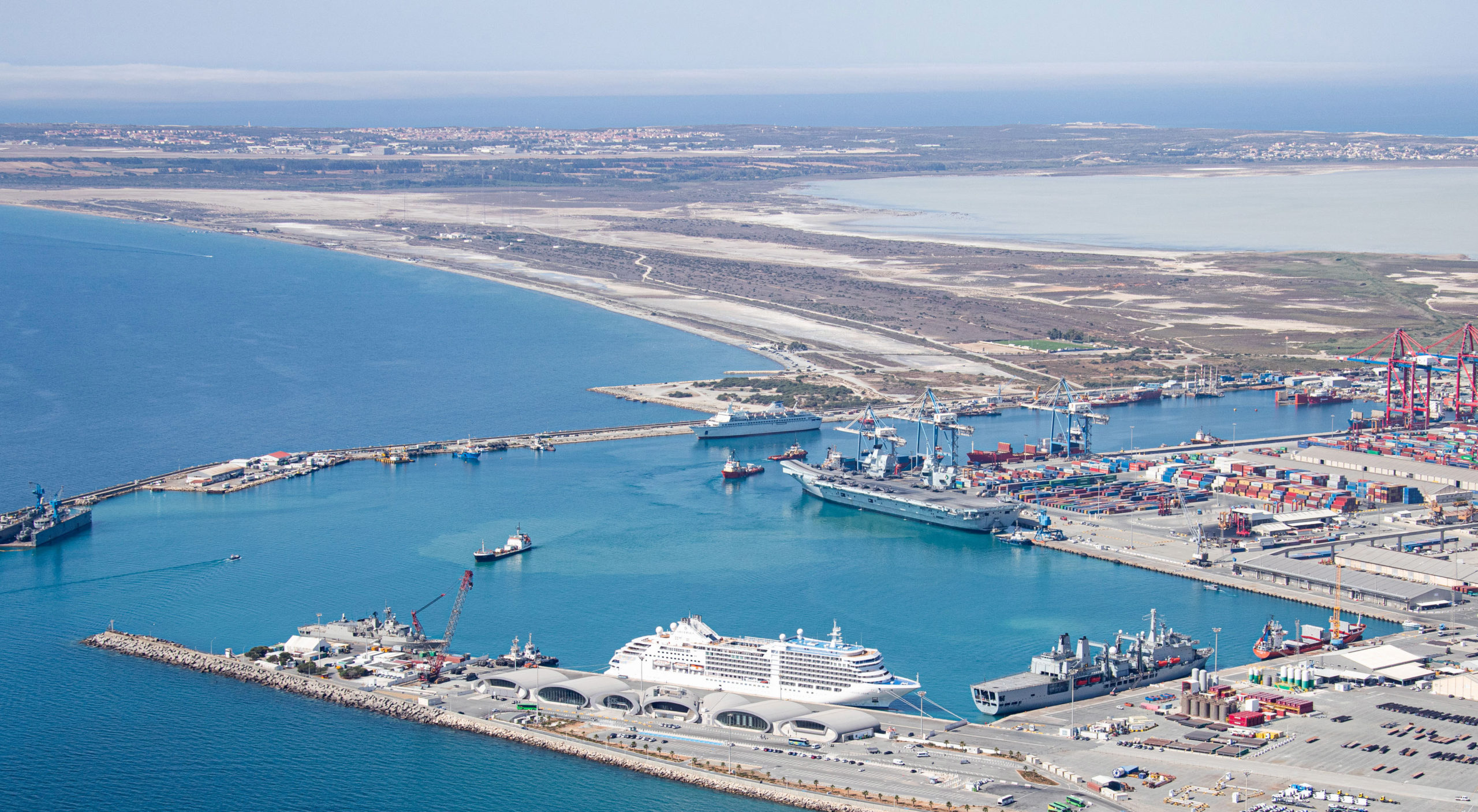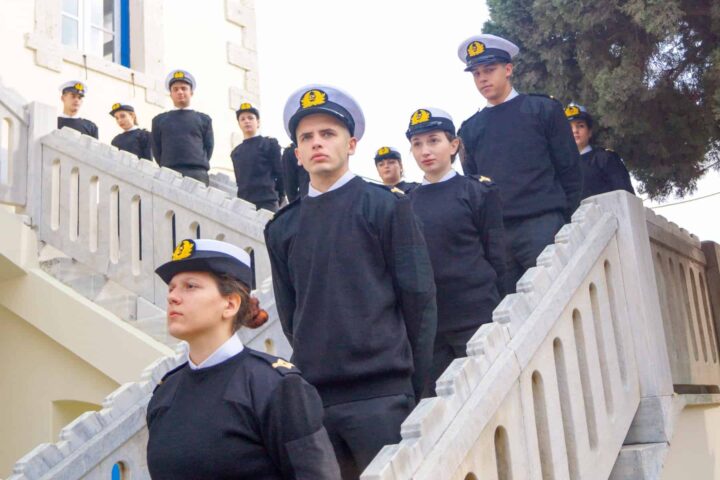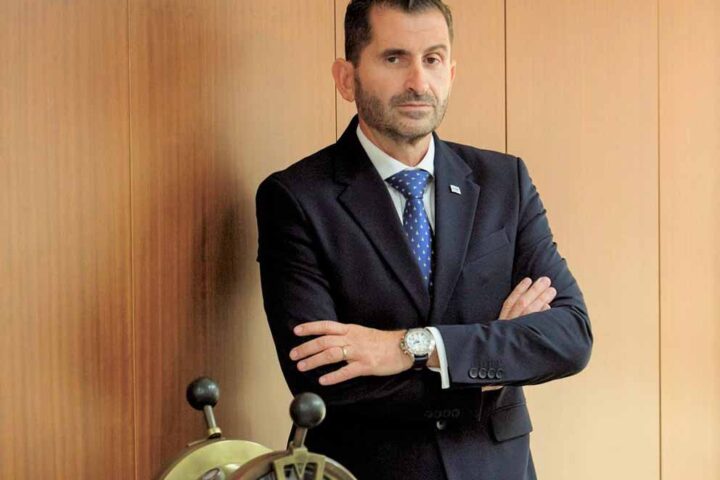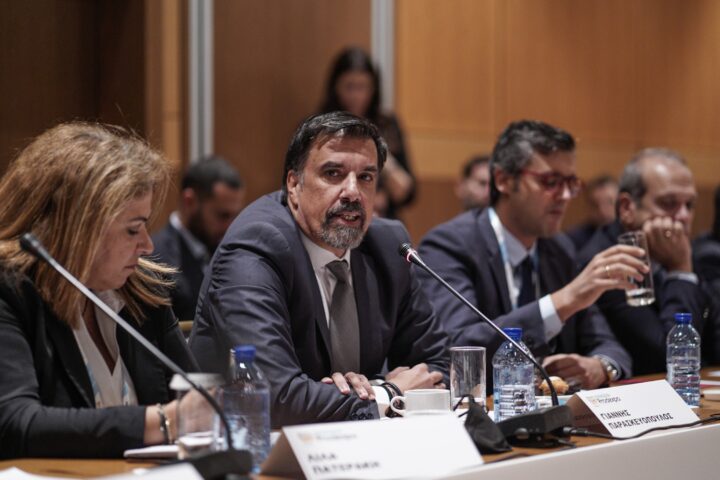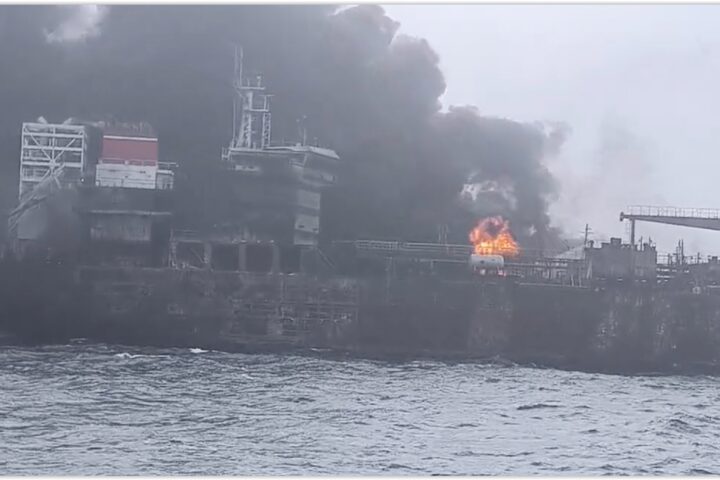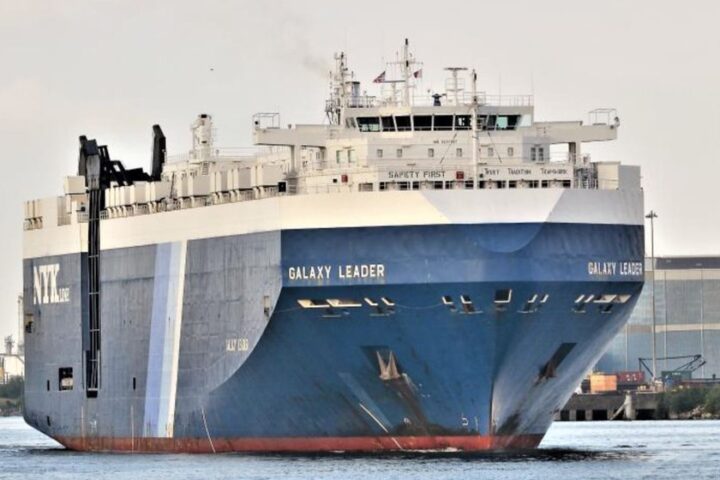Cyprus deputy ministry of Shipping is throwing everything at a final attempt to revive a ferry connection to Greece in 2022, despite indications of limited interest from operators.
This time around, Cyprus believes it offers a more attractive tender that should appeal to traditional EU shipping operators from Baltic countries and Scandinavia.
Talking to the Financial Mirror, Deputy Minister of Shipping Vassilis Demetriades said authorities are ready with a fresh attempt to reinstate the ferry link, despite knowing that their task is difficult.
The newest call will be mid-November, following a failed attempt in mid-2020 to attract interest from investors.
The tender call was originally expected at the end of October but was pushed back to November, allowing more time for authorities to carry out pre-tender consultations, minimising the chances of a fresh failure.
Demetriades said there were no guarantees this attempt would be successful, as industry stakeholders in Greece and Cyprus appear to be reluctant towards the endeavour.
“However, the project is far from being dead in the water, and authorities are doing all they can to reinstate the ferry link with Greece.
“We have been in consultations with the industry, and we have prepared, what we feel is, an attractive deal.”
To revive the ferry connection abandoned 21 years ago between Greece and Cyprus, the shipping ministry last year launched a failed tender for a three-year contract with annual state aid of €5 mln.
Maritime companies told officials they would be interested in a seasonal ferry connection instead of a regular one, the main provision deterring operators from submitting tenders the first time around.
Receiving approval for a second tender process from the European Commission, the Deputy Ministry will now be calling companies to bid for a seasonal connection, which will run between April/May to September/October.
It is understood state aid has been increased by decreasing the frequency of trips to and from Cyprus.
Under the new tender, the contractor will not be obligated to carry cargo on the same vessel.
If the contractor chooses to carry commercial cargo on the same route, they will lose out on the part of the subsidy.
The state subsidy only concerns passengers, under European rules, and is essentially a subsidy of the carrier’s travel expenses.
In other words, there will be an expense recording mechanism, and each trip will be subsidised accordingly.
The deputy minister confirmed the contractor would be compensated for any rise in fuel costs.
Earlier media reports said the compensation could reach up to 10% of the overall subsidy.
Authorities are also looking to change the call port in Greece, moving from Keratsini to Attica’s main port in Piraeus.
Demetriades said that persuading shipping operators is a tough nut to crack.
Most Greek and Cypriot companies do not feel comfortable removing a ship from a profitable Greek island route to cater to the Cyprus ferry link.
“We never said that reinstating the ferry link would be an easy task, especially after being out for 21 years.
“Although the state will cover costs, there is currently no way of knowing how profitable such a link would be.”
He said that despite difficulties, Cyprus has more than one reason to be optimistic, apart from the attractive tender.
“The tender is not only addressed to the Greek and Cyprus maritime industry, but it is a call to all European maritime companies.
“We are confident the tender will also be turning the heads of international maritime companies based in the EU,” said Demetriades.
The tender will also allow the ferry link to a third neighbouring country, such as Egypt or Israel.
“This means the route could be extended to include a port in Israel or a Greek island, making the package all the more attractive.”
Final fling
Demetriades clarified that the government would only subsidise the connection between Cyprus and a Greek port, not the extension to a third destination.
Reports in business and maritime journals in Greece are less optimistic over the prospects of reinstating the ferry link.
The shipping ministry will be holding pre-tender consultations in the coming weeks and informing the public over the content of the tender documents “so that people have a clear image of the effort that has gone into this project”.
If the ministry’s latest attempt falls through, then “that would be probably mean the end of efforts to restore the ferry link with Greece.
“We have given it our best, coming up with the best tender we could offer in the context of limitations on state aid from the EU”.
Salamis Tours operated the last passenger ferry link to Greece from 1993 until 2000 when demand faded and trips stopped.
After two decades of being cut off from the rest of Europe, travellers from Cyprus are still hoping they will be able to hop on a ferry next summer and disembark in Piraeus, Greece, to continue their journey.
Nicosia earned approval to subsidise the link with state funds after complex talks with the EU.

